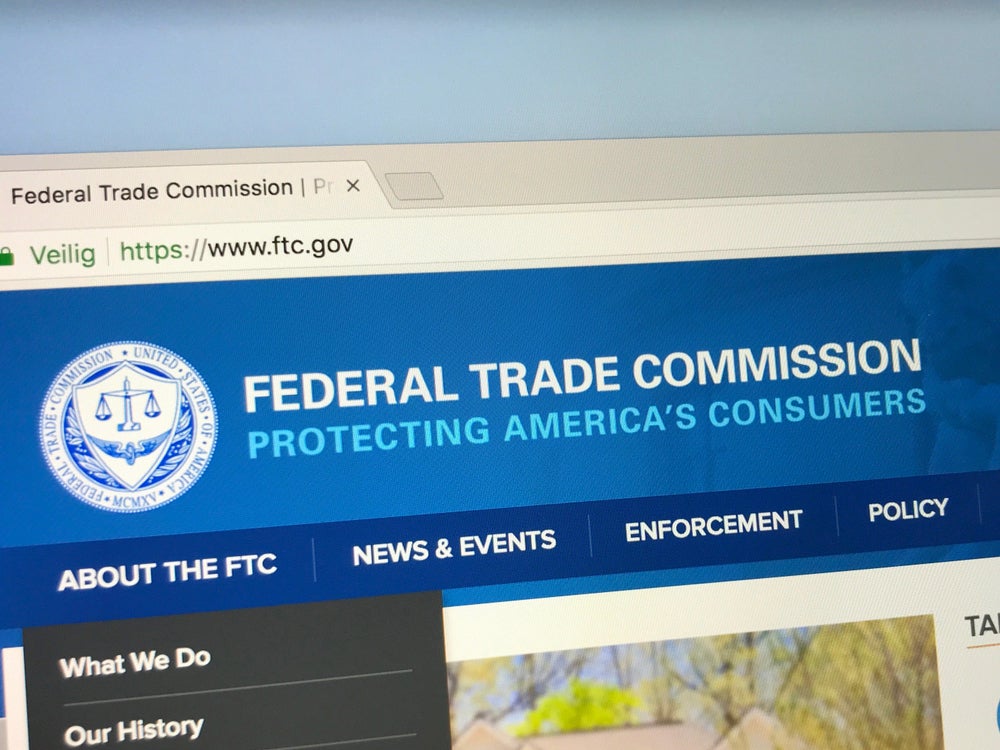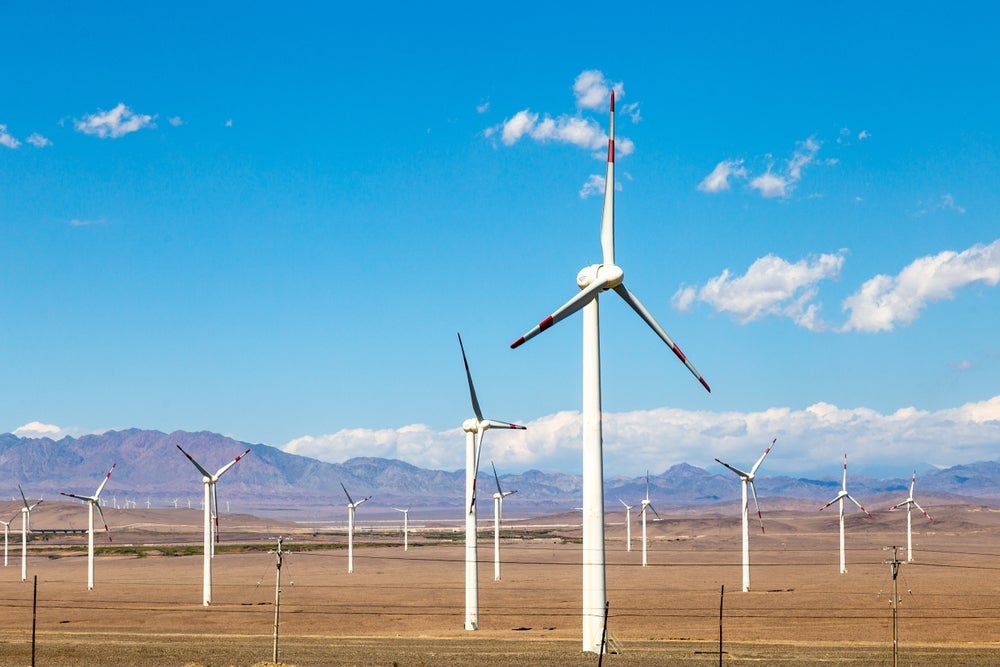Boasting nearly 3 billion monthly active users, a market capitalization headed towards $1 trillion, and revenues likely to top $100 billion this year, Facebook has the influence and money to pack a serious punch in the fight against climate change. However, thus far, it has dragged its feet when it comes to engaging with environmental issues beyond carbon and water accounting.
The current situation
In April 2021, Facebook announced that it had cut its emissions by 94% over three years with a further goal of reaching net-zero across its supply chain by 2030. Facebook’s move towards greening its own emissions follows bold climate targets from tech giants Microsoft, Amazon, and Google. Facebook has also committed to becoming water positive by 2030 by restoring more water to the environment than it uses in its operations and has worked to increase the water efficiency of its data centers.
However, other measures suggest Facebook pays much less attention to environmental, social, and governance (ESG) issues than its peers. GlobalData’s company filings analytics show that Facebook mentioned ESG 92 times in 2021, while Alphabet (Google’s parent company) mentioned ESG 1,101 times. Of course, talking about ESG is not the same as doing something about it. But a serious commitment to ESG would likely result in more mentions. The more-than-10-fold disparity is a strong indication that Facebook isn’t taking ESG as seriously as it should despite its climate-conscious rhetoric.
While Facebook has made strides towards reducing its environmental footprint, it has faltered when addressing the more nuanced ways in which its platform contributes to the climate crisis.
When push comes to shove
Facebook recently announced that it would begin to clamp down on the illegal sale of protected Amazon rainforests on its peer-to-peer ecommerce platform, Facebook Marketplace. However, the company has so far failed to release details of how it will tackle the problem. Instead, Facebook ignored requests to require advertisers to include the location on their ads for rainforest lands. This raises questions about how far the company will go to prevent illegal listings and the legitimacy of Facebook’s ESG promises more broadly.
This critique follows allegations from whistle-blower Frances Haugen that Facebook places profits before user safety. This recent controversy will do nothing to help Facebook’s ESG rating. One of the leading ratings services, MSCI, gave Facebook a B in ESG in November 2020, despite the company’s efforts to reduce emissions over recent years. Although Facebook has made progress towards mitigating its direct emissions, it is failing to show a commitment to other areas of ESG. This is especially true in areas that could interfere with its business strategy, as in the case of the negative psychological impact of the company’s social media platforms on users.
How well do you really know your competitors?
Access the most comprehensive Company Profiles on the market, powered by GlobalData. Save hours of research. Gain competitive edge.

Thank you!
Your download email will arrive shortly
Not ready to buy yet? Download a free sample
We are confident about the unique quality of our Company Profiles. However, we want you to make the most beneficial decision for your business, so we offer a free sample that you can download by submitting the below form
By GlobalDataWhere Facebook is failing
In both examples, Facebook’s reluctance to alter its practices stands in contrast to other tech giants. Google, for instance, has been praised for preventing content creators from publishing or receiving advertising revenue from climate misinformation on YouTube.
The disparity between the two companies’ approaches to the indirect impact of media platforms on ESG suggests that Facebook needs to think beyond emissions and could do much more.
With annual revenue that rivals the GDP of a small country, Facebook needs to do more than jump on the bandwagon of emissions goals and water targets. Structural transformation across the company and its platforms is required to address all aspects of ESG adequately.









Related Company Profiles
Alphabet Inc
MSCI Inc
Microsoft Corp
Amazon.com Inc
Google LLC